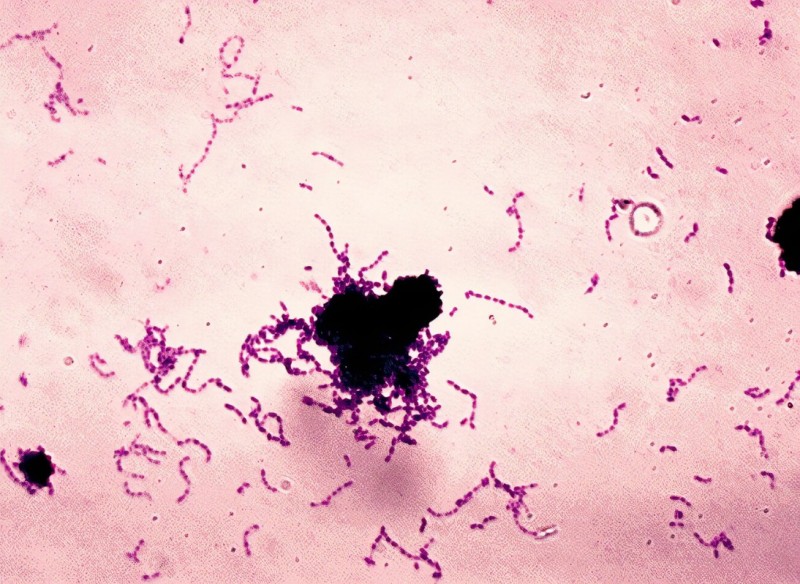
Group B Streptococcus (GBS) is a bacterial infection that can have serious consequences, especially for certain vulnerable populations. Let's delve into the details to understand how deadly this bacteria can be.
Group B Streptococcus, commonly known as GBS, is a type of bacteria that naturally resides in the human body, often without causing any harm. However, when it does cause an infection, the consequences can be severe.
GBS can be transmitted from mother to baby during childbirth, through close contact, or by coming into contact with contaminated surfaces.
GBS infections primarily pose a risk to two vulnerable groups:
Newborns are particularly susceptible to GBS infections. When a pregnant woman carries GBS and it is transmitted to the baby during childbirth, it can lead to serious complications, including:
Early-Onset GBS Disease: This occurs within the first week of life and can manifest as sepsis, pneumonia, or meningitis. It can be life-threatening.
Late-Onset GBS Disease: Symptoms may appear between the first week and several months after birth. Late-onset GBS can also result in sepsis and meningitis.
Pregnant women themselves can be affected by GBS, which can lead to urinary tract infections and, in rare cases, infections of the amniotic fluid or placenta.
The severity of GBS infections can vary widely. While some individuals may carry GBS without experiencing any symptoms, others can develop life-threatening complications.
Common symptoms of GBS infections include fever, difficulty breathing, lethargy, and irritability in newborns. Pregnant women with GBS infections may experience urinary symptoms or preterm labor.
The mortality rate associated with GBS infections, especially in newborns, can be significant if left untreated. However, early detection and appropriate medical intervention can greatly improve the chances of survival.
Preventing GBS infections is a critical step in reducing their impact. Key preventive measures include:
Screening: Pregnant women are typically screened for GBS during their prenatal care. If GBS is detected, antibiotics are administered during labor to reduce the risk of transmission to the newborn.
Vaccination Research: Ongoing research aims to develop vaccines against GBS to provide additional protection.
Good Hygiene: Practicing good hygiene, including regular handwashing, can help reduce the risk of GBS transmission.
Antibiotics: Timely administration of antibiotics to newborns with GBS infections is essential for effective treatment.
In conclusion, Group B Streptococcus can be a deadly bacterium, especially for newborns and pregnant women. However, with proper screening, prevention, and prompt medical intervention, the impact of GBS infections can be significantly reduced, emphasizing the importance of early detection and comprehensive healthcare for vulnerable populations.
Check Here for the Signs: Frequent Ear Blocks Could Be a Sign of Cancer
Study Reveals Promising Treatment for Fatty Liver Disease
The Benefits of Adding Soaked Flaxseeds to Your Morning Routine